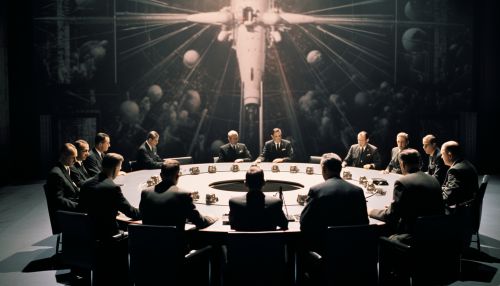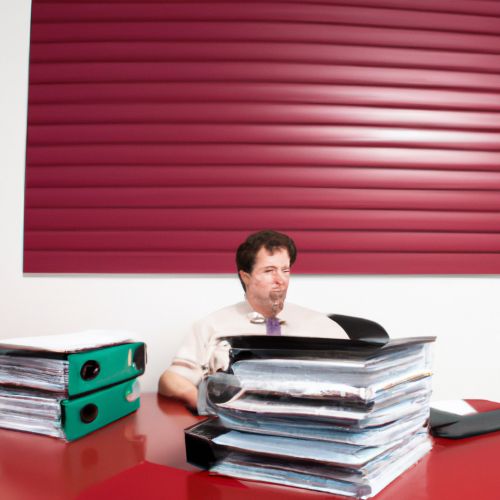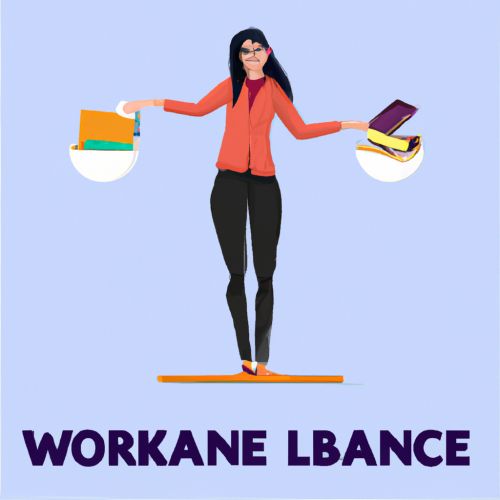Office Workers
Overview
An office worker is an individual whose primary work is performed within an office environment. This can encompass a wide range of job roles and responsibilities, from administrative tasks to high-level management. Office workers are a crucial component of many industries, including finance, healthcare, technology, and government.


Roles and Responsibilities
Office workers often perform a variety of tasks, depending on their specific job role. These can range from basic administrative duties, such as filing and data entry, to more complex tasks such as project management and strategic planning.
Administrative Tasks
Administrative tasks are often the backbone of an office environment. These tasks can include answering phones, scheduling meetings, organizing files, and maintaining office supplies. Office workers performing these tasks often use specialized software such as Microsoft Office Suite or Google Workspace.


Project Management
Many office workers are involved in project management, which involves planning, executing, and overseeing projects to ensure they are completed in a timely manner and within budget. This often involves coordinating with various departments and stakeholders, tracking progress, and resolving any issues that arise.
Strategic Planning
In some cases, office workers may be involved in strategic planning. This involves setting goals and objectives for the organization, developing plans to achieve these goals, and monitoring progress towards these objectives.


Skills and Qualifications
The skills and qualifications required for an office worker can vary greatly depending on the specific role. However, there are some common skills that are generally beneficial for most office workers.
Technical Skills
Technical skills are often crucial for office workers. This can include proficiency in specific software programs, such as Microsoft Excel or Adobe Acrobat, as well as general computer literacy.
Communication Skills
Effective communication is key in an office environment. Office workers often need to communicate with colleagues, clients, and other stakeholders, both in writing and verbally.
Organizational Skills
Organizational skills are also important for office workers. This can involve managing files and documents, scheduling meetings and appointments, and keeping track of tasks and deadlines.


Office Culture
Office culture refers to the environment and attitudes within an office. This can include the office layout, communication styles, dress code, and office traditions.
Office Layout
The layout of an office can greatly impact the work environment. Some offices opt for an open plan layout, which encourages collaboration and communication. Others may prefer a more traditional layout with individual offices or cubicles.
Communication Styles
Communication styles can also vary greatly within an office. Some offices may encourage open and frequent communication, while others may prefer more formal and structured communication.
Dress Code
The dress code in an office can range from casual to formal, depending on the industry and company culture. Some offices may require business formal attire, while others may allow for more casual dress.


Health and Well-being
The health and well-being of office workers can be impacted by various factors, including ergonomics, stress levels, and work-life balance.
Ergonomics
Ergonomics refers to the design and arrangement of the workplace to ensure the comfort and safety of workers. This can include the design of office furniture, the layout of the office, and the use of ergonomic equipment.
Stress Levels
Office workers can often experience high levels of stress due to factors such as workload, deadlines, and interpersonal conflicts. It is important for office workers to manage their stress levels to maintain their health and productivity.
Work-Life Balance
Work-life balance refers to the balance between work commitments and personal life. Office workers often struggle with maintaining a healthy work-life balance due to long hours and high workloads.


